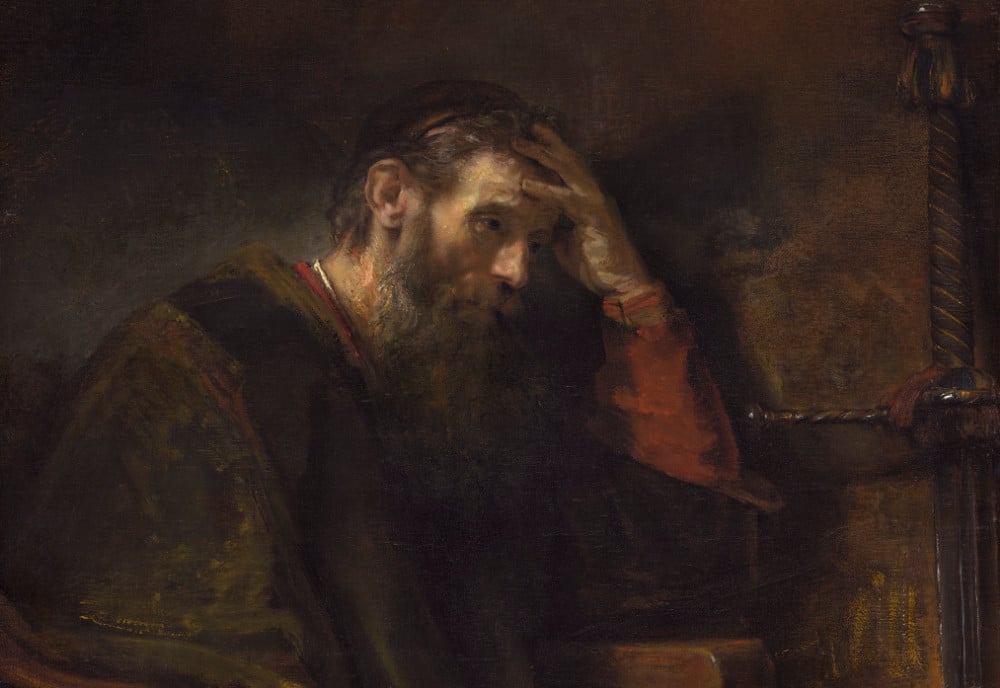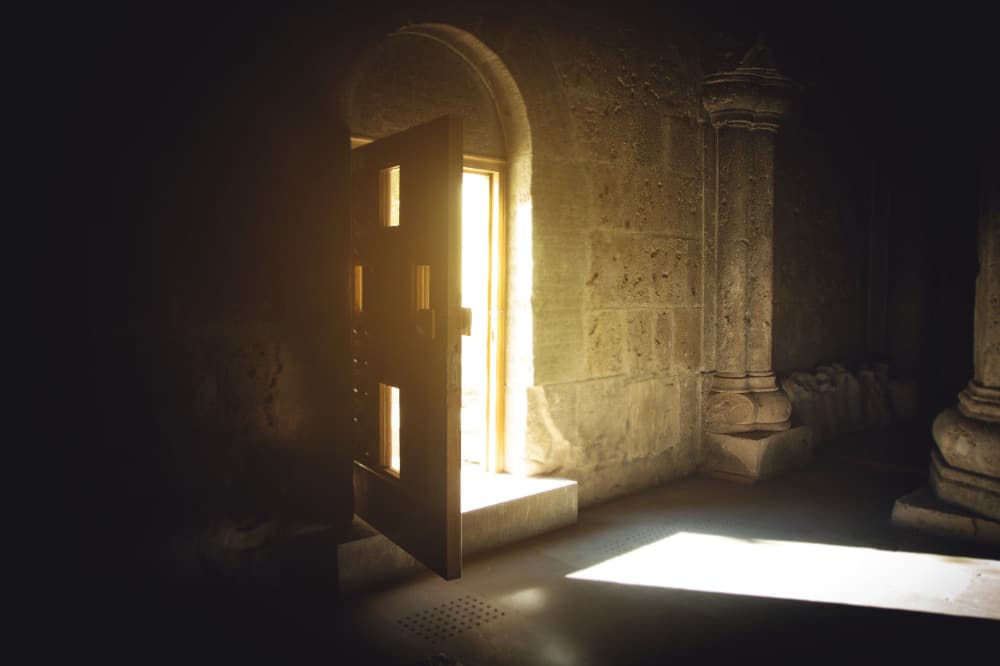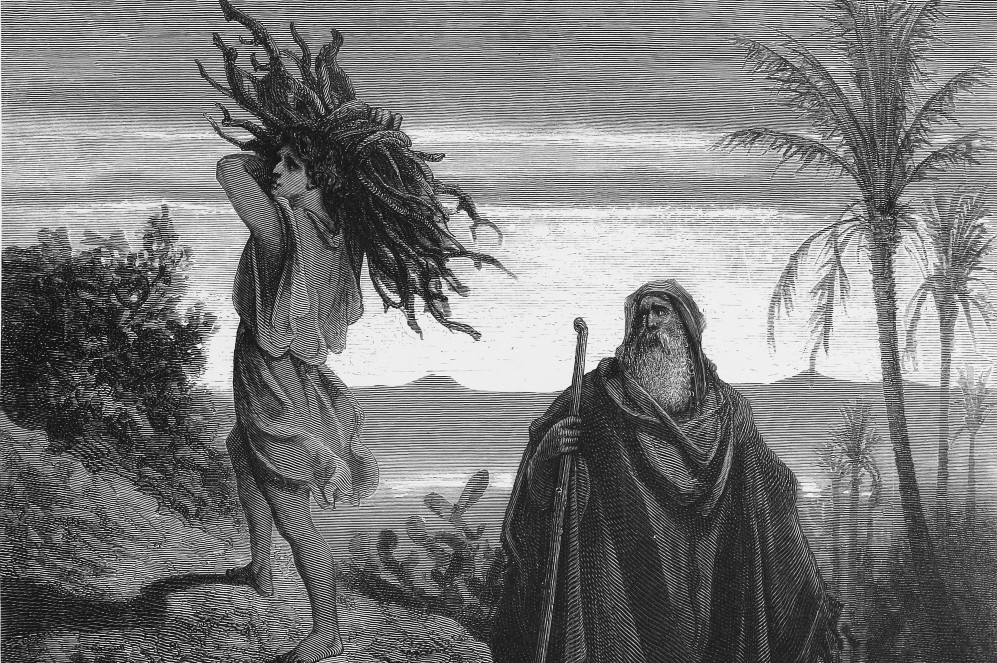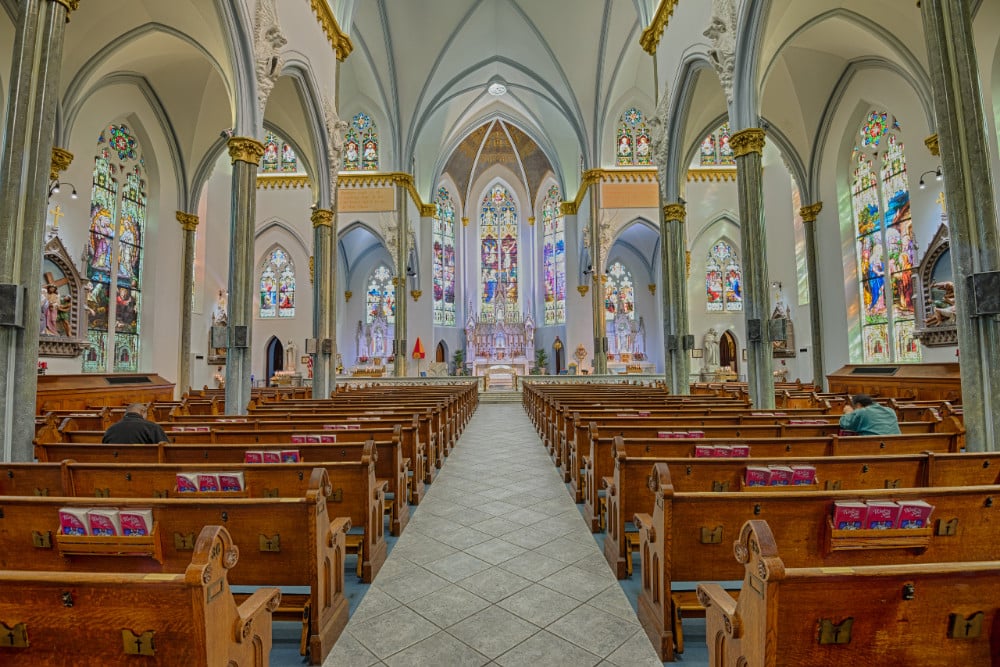 Question: St. Paul was an evangelist after his conversion, but was he a priest able to celebrate the sacraments?
Question: St. Paul was an evangelist after his conversion, but was he a priest able to celebrate the sacraments?
— Name withheld, Virginia
Answer: St. Paul certainly speaks of himself as a priest: “But I have written to you rather boldly in some respects to remind you, because of the grace given me by God to be a minister of Christ Jesus to the Gentiles in performing the priestly service of the gospel of God, so that the offering up of the Gentiles may be acceptable, sanctified by the holy Spirit. In Christ Jesus, then, I have reason to boast in what pertains to God” (Rom 15:15-17).
That said, it is somewhat rare and in a guarded tone that St. Paul speaks of his priestly ministry in terms of the sacred liturgy. He hints of it when he writes: “For I received from the Lord what I also handed on to you, that the Lord Jesus, on the night he was handed over, took bread, and, after he had given thanks, broke it and said, ‘This is my body that is for you. Do this in remembrance of me'” (1 Cor 11:23-24). He also referred to his work as a “ministry of reconciliation” (2 Cor 5:18). But in the Old Testament, that role was filled by the priests of the Temple, who signified the forgiveness of sins through the expiating sacrifices of the Temple. St. Paul also describes himself as a “steward of the mysteries of God” (1 Cor 4:1). The Greek word mysterion is the usual term for the Church’s sacraments. Indeed, sacramentum is the Latin translation of the Greek mysterion.
It will be admitted that some of these references may seem cryptic. However, we do well to remember the “discipline of the secret” (disciplina arcanis) that was common in the early Church. The details of the sacred liturgy were often kept hidden and secret except to those who were baptized. Even the catechumens of the Church did not witness the Holy Sacrifice of the Mass until they were baptized. This was due partly to safety in an age of persecution. It was also due to a reverence for sacred things that should not be exposed to an unbelieving and unknowing populace who might ridicule or misrepresent what they did not understand. Hence, St. Paul may have had this in mind when he wrote letters. He emphasized the proclamation of the Gospel and his work as an evangelist, not detailing his work as a priest since the liturgy was shrouded in mystery and not to be displayed before the “unwashed multitudes.”
Finally, it is clear that St. Paul was a priest since we know that he had hands laid upon him and received the office of apostle. The apostles were all bishops, and therefore priests. Christ gave them the unique power to celebrate the sacred liturgy, to confer the sacraments and to preach with his authority. Ipso facto, St. Paul was a priest.
Deceased loved ones
Question: Do our deceased loved ones communicate with us, and do they watch over us?
— Stephen Moser, Syracuse, New York
Answer: The one Body of Christ has members here on earth, some in purgatory, some in heaven. However, as one body, it follows that some communication between the members in all three places is possible and even necessary. Consider that my right and left hand can work together, but only by being united and orchestrated by the head of the body. It is similar with the Body of Christ. The many members can work together and have union, but only through the Head of the Body, Jesus. It surely seems proper that the Lord should facilitate some degree of communication or awareness of our condition to deceased loved ones and saints who are with him in heaven.
However, justice would also demand that some limit of this ability would be expected so that the saints with him in heaven cannot simply pry into or see and hear everything we say or do if that were not appropriate. Surely the saints in heaven intercede for us (cf. Rev 5:8; 8:3-4) and this presupposes some knowledge of our basic condition. Their knowledge, then, is likely of a general nature conveyed to them by the Lord and his angels to a degree and in a way that is appropriate. We also discussed in a recent column that God seems to permit some of the souls in purgatory to signal us to a need for prayers on their behalf.
Msgr. Charles Pope is the pastor of Holy Comforter-St. Cyprian in Washington, D.C., and writes for the Archdiocese of Washington, D.C. at blog.adw.org. Send questions to msgrpope@osv.com.







